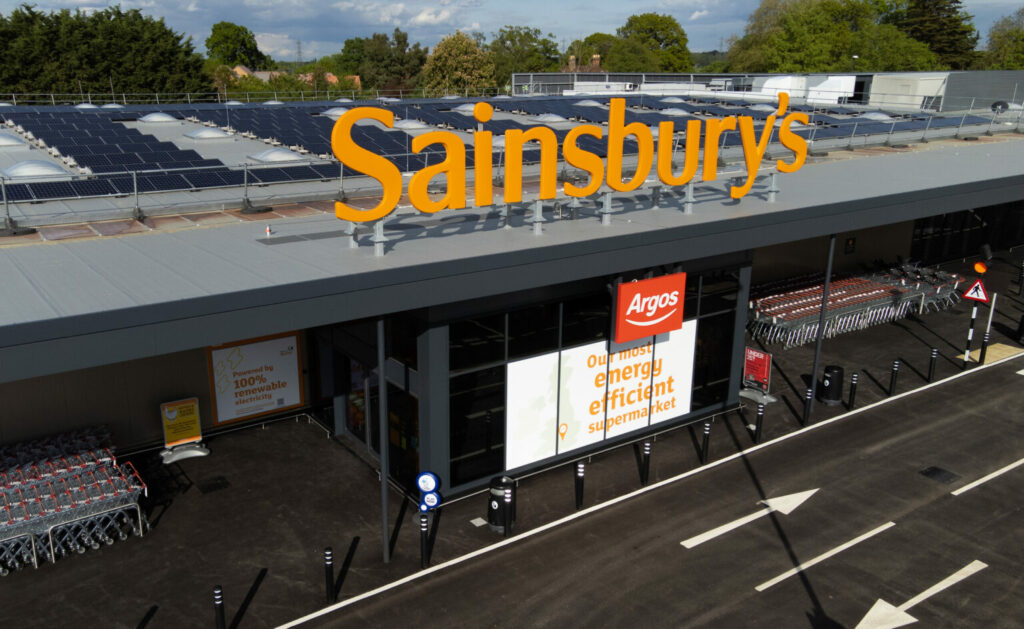Food inflation fell 0.5 per cent in December compared with a month previously to 4.1 per cent thanks to a reduction in global commodity costs, data released today reveals.
According to the British Retail Consortium (BRC)-Nielsen Shopper Price Index, food inflation fell while overall shop price inflation remained unchanged at 1.5 per cent.
Helen Dickinson, Director-General of the BRC, said that the decline was noticeable and explained: “Past rises in commodity prices are still trickling through the supply chain and wet weather‘s hitting more crops.
“But most significantly, global commodity costs have eased in recent months which are helping to reduce food inflation for consumers.
“Barring any new shocks in the supply chain, I would expect food inflation to stabilise at this sort of level in the short term and we may see it starting to settle to lower levels in the second half of 2013.”
Non-food prices remained flat over the period following a decrease of 0.3 per cent in November, making it 10 months since the rate went above zero and Dickinson believes that this is due to the popularity of electricals and clothing & footwear, which fared well over the festive period and “continue to show consistent deflation.”
In the crucial run-up to Christmas, many supermarkets and retailers went against tradition and offered promotions and discounts on products ahead of the January sales in order to entice cash-strapped consumers.
Senior Manager of Retail Services at Nielsen Mike Watkins explained that this trend highlights retailers‘ unwillingness to pass on price increases to customers.
He commented: “Despite an increase in shop prices in supermarkets, retailers have become cautious about passing on price increases when demand is weak.
“The good news is that across both food and non-food, shoppers took advantage of the many seasonal offers in December with retailers offering significant savings for the savvy shopper to help drive sales over Christmas and New Year.”

















